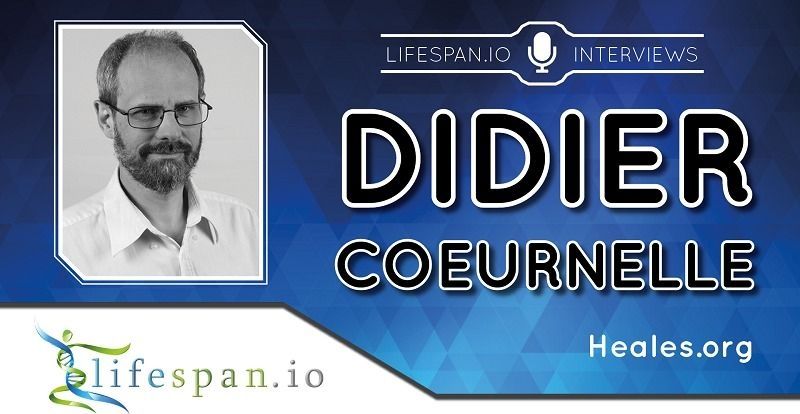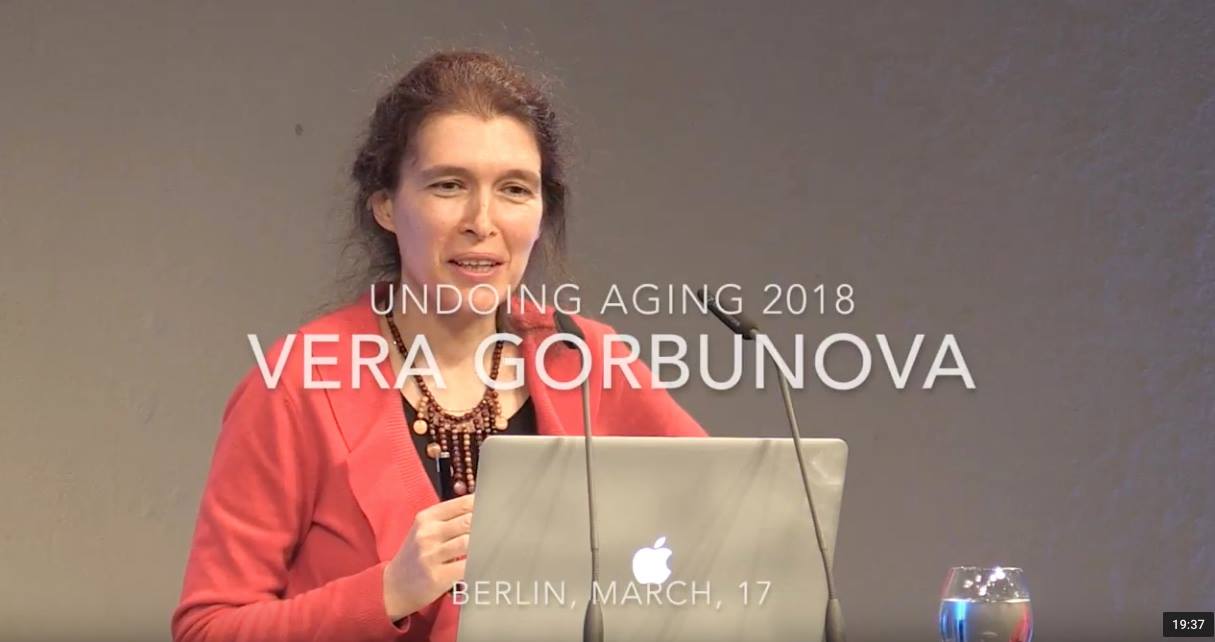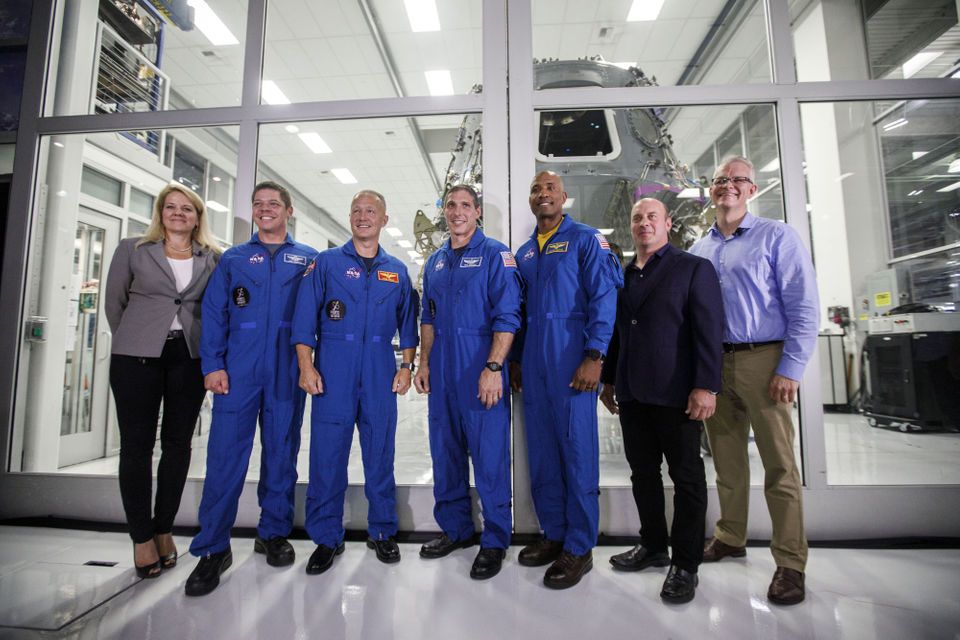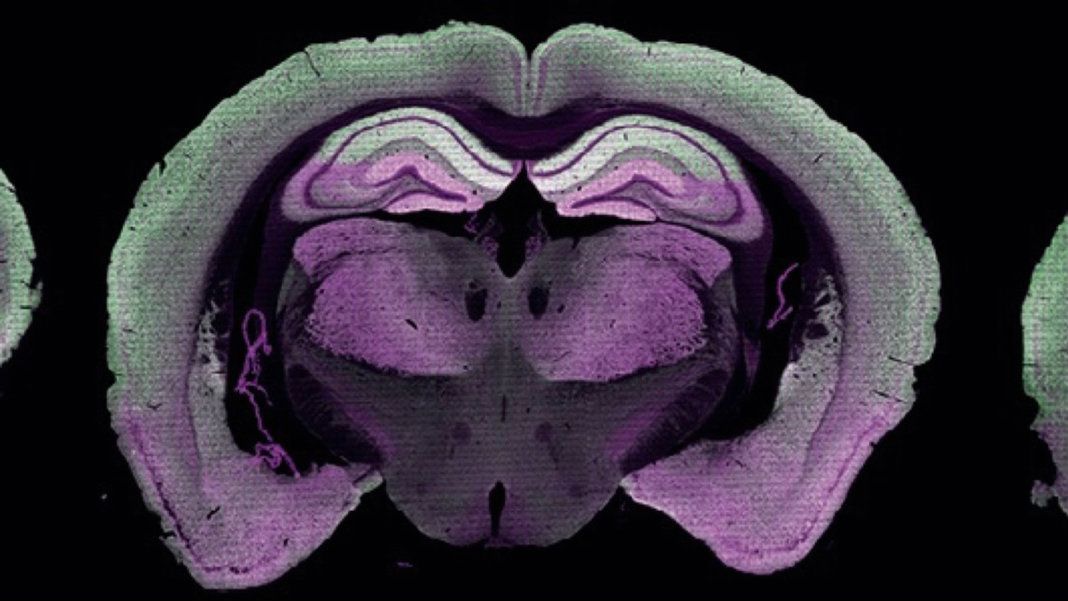Aug 15, 2018
U.S. $23 trillion will be lost if temperatures rise four degrees by 2100
Posted by Bill Kemp in categories: climatology, economics, neuroscience, sustainability
Imagine something similar to the Great Depression of 1929 hitting the world, but this time it never ends.
Economic modelling suggests this is the reality facing us if we continue emitting greenhouse gases and allowing temperatures to rise unabated.
Economists have largely underestimated the global economic damages from climate change, partly as a result of averaging these effects across countries and regions, but also because the likely behaviour of producers and consumers in a climate change future isn’t usually taken into consideration in climate modelling.


















